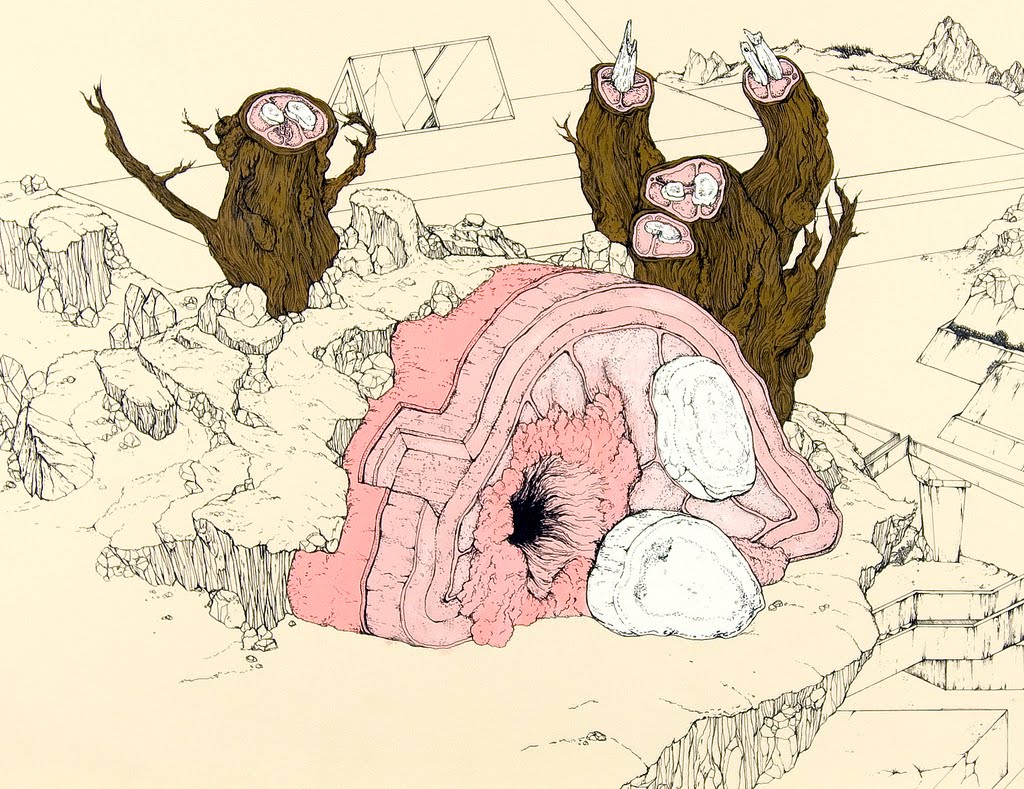WATCH THIS! Here is some informs from WIKIPEDIA about Moore's Law:
Moore's law describes a long-term trend in the history of computing hardware, in which the number of transistors that can be placed inexpensively on an integrated circuit has doubled approximately every two years.[1] [see image nearby]
The capabilities of many digital electronic devices are strongly linked to Moore's law: processing speed, memory capacity, sensors and even the number and size of pixels in digital cameras.[2] All of these are improving at (roughly) exponential rates as well.[3] This has dramatically increased the usefulness of digital electronics in nearly every segment of the world economy.[4][5] Moore's law precisely describes a driving force of technological and social change in the late 20th and early 21st centuries. The trend has continued for more than half a century and is not expected to stop until 2015 or later.[6]
The law is named after Intel co-founder Gordon E. Moore, who described the trend in his 1965 paper.[7][8][9] The paper noted that number of components in integrated circuits had doubled every year from the invention of the integrated circuit in 1958 until 1965 and predicted that the trend would continue "for at least ten years".[10] His prediction has proved to be uncannily accurate, in part because the law is now used in the semiconductor industry to guide long-term planning and to set targets for research and development.[11]
Mooers' Law
From Wikipedia, the free encyclopedia
Mooers' Law is an empirical observation of behaviour made by American computer scientist Calvin Mooers in 1959. The observation is made in relation to information retrieval and the interpretation of the observation is used commonly throughout the information profession both within and outside its original context.
An information retrieval system will tend not to be used whenever it is more painful and troublesome for a customer to have information than for him not to have it.
[edit]
Original interpretation
Mooers' Law, as detailed by Mooers himself, focuses on the idea that people may not want information, as it obliges them to study the information and come to an understanding about it. In this context, people will avoid an information system because it gives them information, and the "painful and troublesome" comes from possessing the information.
CLICK HERE FOR MICHIO KAKU'S WEBBE: http://mkaku.org/


No comments:
Post a Comment